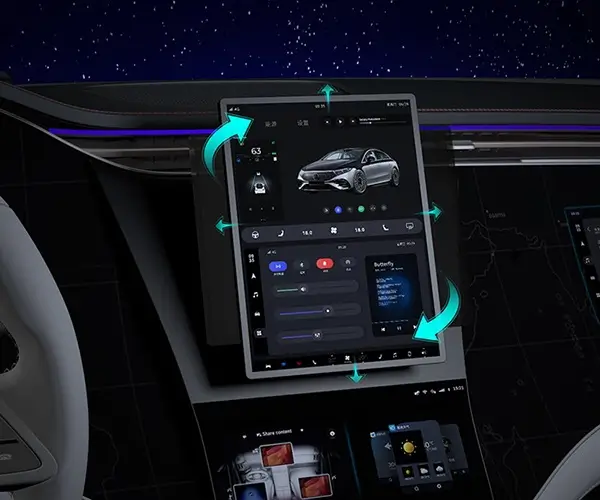When you think about powering your toys or small machines, the debate between brushless and brushed motors instantly pops up. It’s like choosing between a sleek sports car and a rugged pickup—each has its own vibe and benefits. So, what really sets these two apart, and which one fits your game plan? Let’s dig in and break it down, all in a way that’s easy to follow but packed with real talk.

First, the basics. Brushed motors have been around forever. They’re simple—just a rotor, brushes, and a commutator. When current flows through those brushes, it energizes the armature, making the motor spin. It’s kind of like using a hidden switch—quiet, straightforward, no fuss. You see these everywhere, from cheap toy cars to some household appliances. Their charm? Cheap initial cost, easy to fix, and nobody fears them because they’re familiar.
But here’s the catch: those brushes wear out. Over time, you’ll need to replace them. If you’re into long-term efficiency or high-performance motors, brushed motors eventually start to lose their edge. Plus, those brushes create friction—meaning more heat, more power loss, and less juice for the juice. And that can be a drag if you want speed and endurance.
Now, switch gears to brushless motors. Think of these as the high-performance, tech-savvy cousins. No brushes mean less wear and tear. Instead, they rely on electronic controllers to switch the current—more complex, yes, but also more precise. This results in less heat, higher efficiency, and often, really impressive speed and torque. For example, if you’re into drone racing or electric RC cars that rip through the track, brushless motors usually outperform their brushed counterparts every time.
Plus, brushless motors tend to last longer. Since they don’t have those pesky brushes that erode, maintenance gets simpler. When well-maintained, they can run for thousands of hours without a hiccup, making them the go-to choice for serious hobbyists or even commercial applications.
Here’s a practical question: “Are brushless motors worth the extra investment?” Well, if durability, performance, and energy efficiency top your list, then yes. But if you’re just after something for a weekend hobby or a toy that’ll do the job without breaking the bank, brushed still has its place.
Imagine this—you're building a model airplane. You want something lightweight, quick, and durable. That’s where brushless motors pull ahead. But if you’re throwing together a little robot just to mess around, brushed motors will do just fine. It’s all about matching the motor to the project, really.
And here’s a little nugget—some folks notice that brushless motors tend to run cooler, which means they can push harder for longer. That’s a big plus when speed and power matter. Plus, they’re easier to control with modern electronic setups. So, for tech lovers or those who love fine-tuning, brushless can be a dream come true.
But let’s not forget one thing—cost. Brushless motors are generally pricier. You’re paying for the technology, the durability, and those smoother runs. If you’re budget-focused, brushed motors might keep your project afloat without draining your wallet.
In the end, it’s all about what you need. Do you crave endurance and high performance? Brushless is your buddy. Looking for something simple, cheap, and reliable? Brushed might be the way to go. Either way, understanding what each type offers helps you make the smartest choice—no fluff, just facts.
So, when people ask, “Which is better?” it really depends on the mission. High-stakes racing or drone flying—brushless rules the roost. Just a quick kid’s RC boat? Brushed will save you some bucks. Whatever the goal, knowing the ins and outs makes all the difference.
Kpower has delivered professional drive system solutions to over 500 enterprise clients globally with products covering various fields such as Smart Home Systems, Automatic Electronics, Robotics, Precision Agriculture, Drones, and Industrial Automation.




































